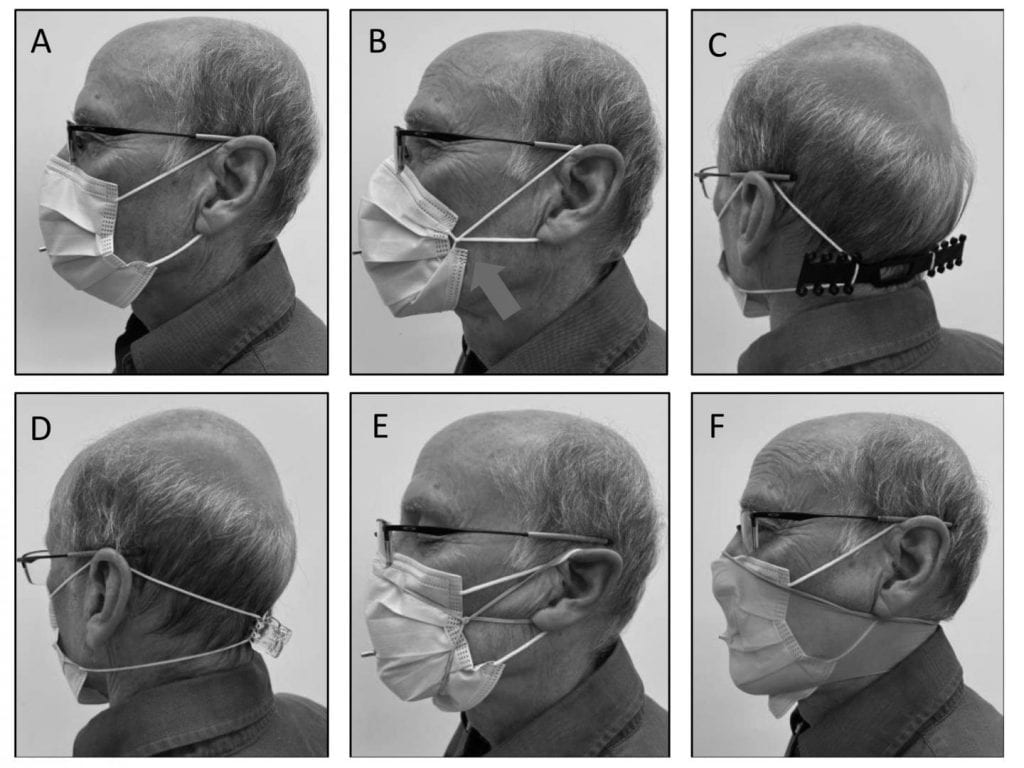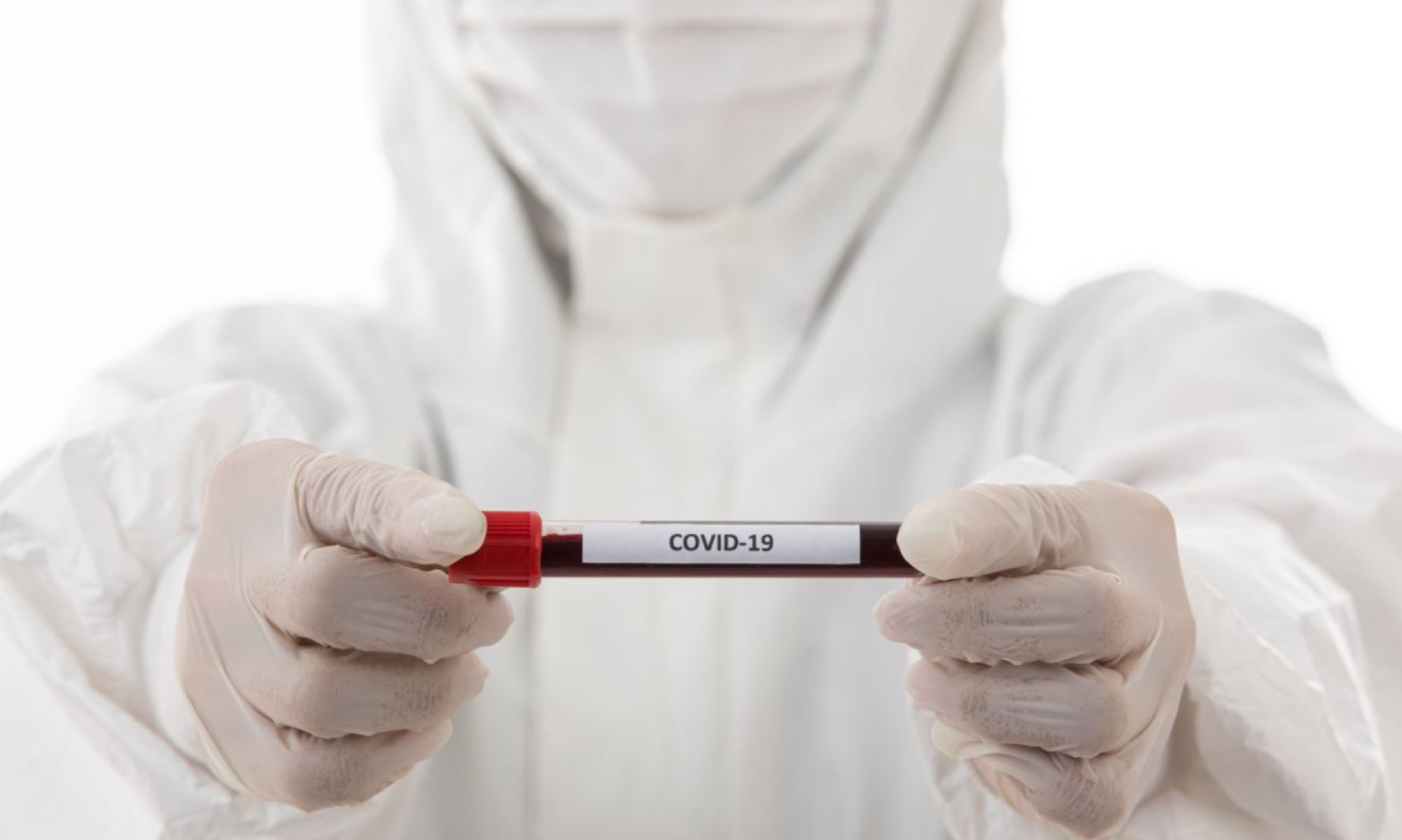
Press Release:
CHAPEL HILL, NC – It’s been shown that when two people wearing masks interact, the chance of COVID-19 transmission is drastically reduced. This is why public health officials have pleaded for all people to wear masks: they not only protect the wearer from expelling particles that might carry SARS-CoV-2, the virus that causes coronavirus 2019 (COVID-19), but masks also protect the wearer from inhaling particles that carry the virus. Some people, though, still refuse to wear a mask. So UNC School of Medicine scientists, in collaboration with the Environmental Protection Agency, researched the protectiveness of various kinds of consumer-grade and modified masks, assuming the mask wearer was exposed to the virus, like when we interact with an unmasked infected person.
Continue reading “Researchers rank various mask protection, modifications against COVID-19”